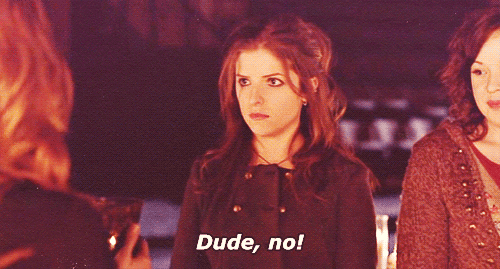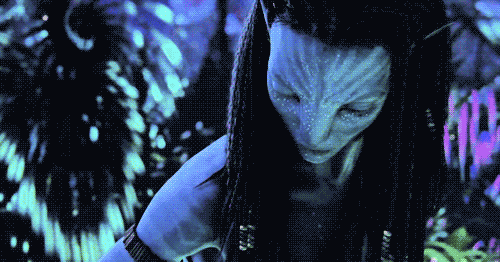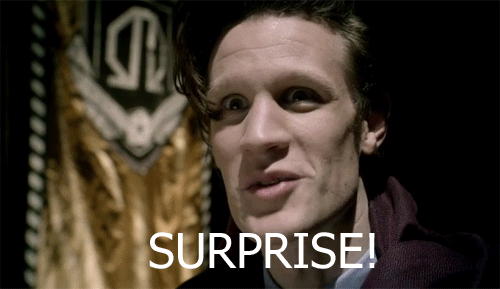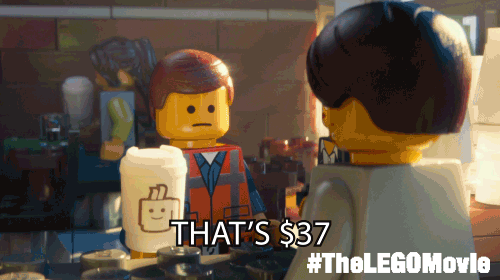
According to their website, “The Hugo Awards, to give them their full title, are awards for excellence in the field of science fiction and fantasy. They were first awarded in 1953, and have been awarded every year since 1955. The awards are run by and voted on by fans.”
There are a huge variety of categories in which an award can be given. As one would expect novels, graphic stories and Dramatic presentations (long and short) are judged. Moreover, editors and fans also qualify for various awards.
The most recent award ceremony was held on the 22nd of August 2015. A complete list of winners are available as well as a video of the award ceremony.What was to be a celebration of the best that the Science Fiction/ Fantasy (SFF) genre had to offer, delivered another set of controversies, the latest in what is seemingly becoming a trend..
No Award, No Award, No Award, No Award, No Award.
The fact that 5 “no awards” were given seems like something out of a fantasy novel. This is the most “no awards” ever. The 5 categories that were not awarded are “Best Novella, Short Story, Related Work, Editor Short Form, and Editor Long Form.”
To explain how unusual these “no awards” are, in Hugo Award history, there have been only 5 “no awards”, the most recent in 1977.
The “No Awards” effect be attributed to the Sad Puppies and their offspring, the Rabid Puppies.
To gain some insight into what is happening here, we need to understand who these puppies are and what they stand for.
Sad Puppies
Sad Puppies “is a voting campaign meant to influence the ballot for the Hugo Awards.” They are neither against the Hugos or anti-Hugo in any way. To super summarize, the Sad Puppies are unhappy with the kind of science fiction and fantasy that “keeps on” winning.

Back in 2013 Larry Correia started arguing that the Hugos have become the SFF voice whose politics is left-leaning. This is where the Sad Puppies campaign began.
To quote, Brad R. Torgersen, another of the original Puppies:
A few decades ago, if you saw a lovely spaceship on a book cover, with a gorgeous planet in the background, you could be pretty sure you were going to get a rousing space adventure featuring starships and distant, amazing worlds. If you saw a barbarian swinging an ax? You were going to get a rousing fantasy epic with broad-chested heroes who slay monsters, and run off with beautiful women.
But now:
The book has a spaceship on the cover, but is it really going to be a story about space exploration and pioneering derring-do? Or is the story merely about racial prejudice and exploitation…
A planet, framed by a galactic backdrop. Could it be an actual bona fide space opera? Heroes and princesses and laser blasters? No, wait. It’s about sexism and the oppression of women.
Finally, a book with a painting of a person wearing a mechanized suit of armor! Holding a rifle! War story ahoy! Nope, wait. It’s actually about gay and transgender issues.
No longer interested in adventure, argue the Puppies, the Hugos have grown elitist, academic, and overly ideological—irrelevant to the average fan.
In other words, Sci-Fi and Fantasy is not what it is supposed to be, and is not what it was. It has become a tool by which political correctness is not only communicated, but taught.
The Sad Puppies’ solution? A list of books that are the truest to the SFF genre, at least according to them. They then actively promote these books and encourage all other puppies to vote for them.
Rabid Puppies
The Rabid Puppies are described as “a more extreme offshoot” of the Sad Puppies. Vox Day is a prominent voice of this group.
Why does this matter?
Awards always cause controversies. Whether it’s the Oscars or the Hugos. Someone is always offended that their favorite did not win.
To prevent too many brokenhearted Sad Puppies, Correia and Torgersen turned to what we could call “vote prospecting” or seeking out votes. Some argue that it has always happened.
Some say that the quality of the work has been overlooked. The five categories that received “No Awards” “were composed of only Puppy nominees.” This can be taken to imply that they were “disqualified” because of the political leanings of the Puppy movement.
Some authors preferred to withdraw their books from the award than be on the Puppy card. Marko Kloos (Best Novel) and Annie Bellet (Best Short Story) are two examples.
It seems as if the Puppies, with arguably a valid complaint, are turning the Hugo Awards into a philosophical and political award. Sadly, their so-called “liberal” opponents are falling into the same trap.
We read:”We smacked the Sad Puppies with a rolled-up newspaper,” said a woman on the shuttle bus between hotels at WorldCon in Spokane, Wash., on Sunday night. “It’s the only way to teach them.”
So, while, ideology is being fought over, what about the readers, and the unaffiliated writers?
Did you vote in the 2015 Hugos? Tell us about it.









































